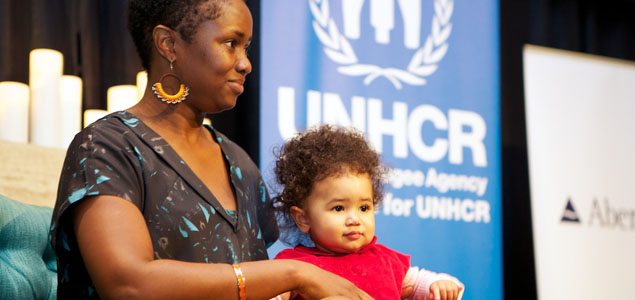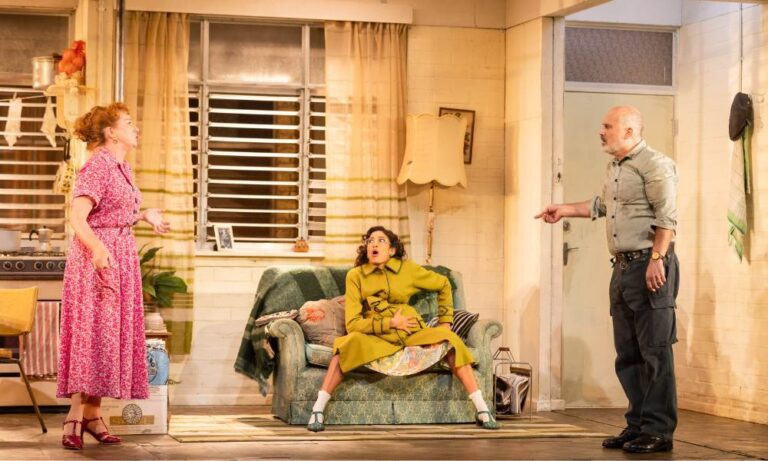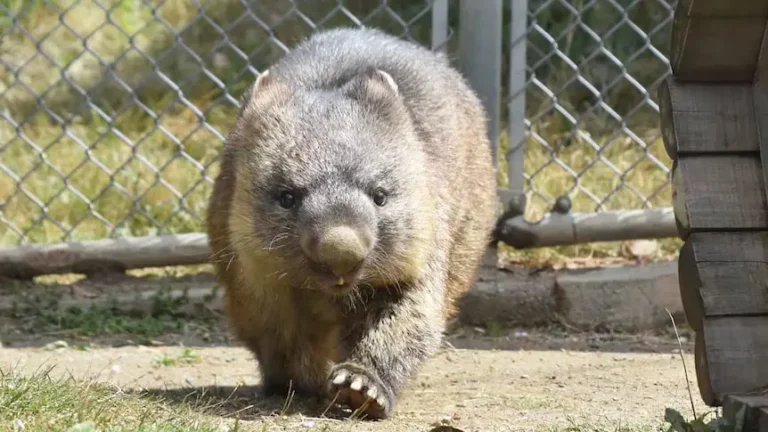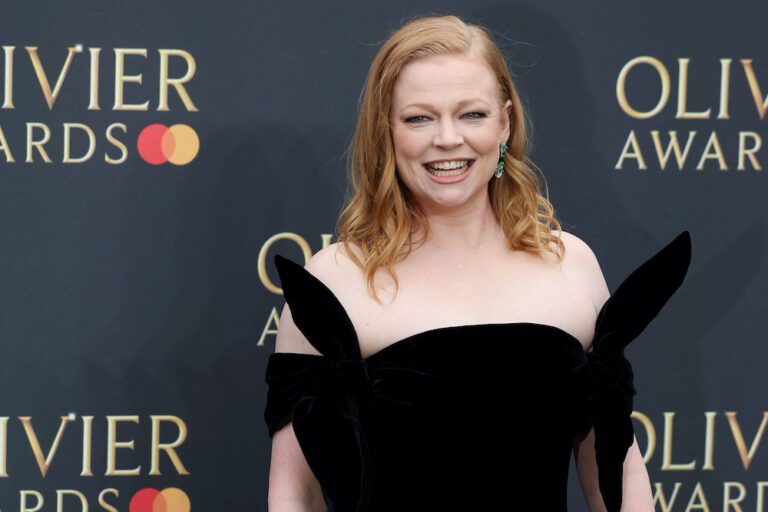What does it mean to you to be a mother?
Being a mother has made me become a fearless person. I feel fulfilled within myself and I have this feeling of power, that I can do anything and that nothing is impossible for me to accomplished.
Motherhood has changed me completely and truly. I want to fight the good fight for mothers, babies, women and refugees. But we can only win this fight if we all work together.
What is the situation like for mothers in Sierra Leone?
Mothers in Sierra Leone face the third highest lifetime risk of maternal death in the world, with 857 deaths per 100,000 live births and 1 in 23 women likely to die in pregnancy or childbirth over their lifetime. The country has also been ranked as the third-lowest in the world on the Mothers’ Index, which assesses the well-being of mothers and children.
What do you remember of your own mother?
My mother and father separated when I was three years old, so sadly I don’t remember too much of my mother but I am very happy to say that growing up with my father, I had the most amazing and blessed up bring and I will not change it for nothing.
Can you recall your earliest memories of her?
I remember my mother singing our tradition songs to me, and also her beautiful and delightful smile and need to protect me from everything. Now that I’m a mother myself I realise this is how every mother feels.
What lessons and advice did she give you that you would like to pass on to your own children?
The lessons and advice I will teach to my children is that your relationships with people are more important than anything, and that they should treat others the way they want to be treated.
What was it like to be a refugee and a mother?
Fortunately, by the time I had my children I had already arrived in this wonderful country called Australia. When I gave birth to my first child Sarafina, there were some complications and I remember seeing all these doctors, about seven of them, in the room to help me during the childbirth. After all these hours of fighting to save my baby, she finally arrived, the most precious gift I will ever have in my life.
When I came home, I remember thinking to myself I would have lost my daughter and my own life if I was living in Sierra Leone. I started doing research about maternal mortality around the world – I was speechless and it was heartbreaking. I remember reading in Time magazine that Sierra Leone had the highest infant mortality rate in the world – for me it was the most sad news in the world.
Both roles bring different challenges, how did you handle them together?
My challenge as a mother is to give my best in this life and teach my children to give to others and love life. But most importantly, I want to dedicate my life for others – mothers, children, women and refugees – and help give them some hope and a voice in this world.
How important is it for you to pass on your language, culture and traditions to your children in Australia?
I think it is very important for pass on my culture and my language, I need my children to know where their mother comes from, why she left her country and how their mother ended up in this wonderful country call Australia. Also, my husband is from France, so we have three cultures to teach them, African, French and the Australian culture.
The situation for refugees in this country is very difficult at the moment. What would you like to see happen?
The work that Australia for UNHCR does for refugee mothers and their children is incredible and just wonderful, so helping them is the beginning of something. But the only way they can keep doing this is with our support. I would like to see Australians support in whatever way they can, whether it’s making a donation, or spreading the word and letting their friends and family know what life is like for refugees.
How would you like to see things change for refugee mothers and their children?
I would love to see change for refugee mothers and their children. These women have gone through so much already, so for them to lose babies is just unimaginable. But I truly believe that women and men together can do something about this issue. Infant and maternal mortality can be improved with simple healthcare, it’s just a matter of getting it to those in need. One way is to support Australia for UNHCR – they help refugee mothers with things like clean delivery kits, antenatal care, and special nutrition for pregnant and nursing mothers.
What would your message be to other mothers on Mother’s Day?
My message to mothers on Mother’s Day is that as mothers, we should all come together and work together to improve the terrible situation that many women in the world face. I believe every child is precious and important, regardless of where they are born. As a mother, my children mean the world to me but I don’t believe my children should be more important than someone else’s.
Donations to help refugees can be made online or over the phone: www.unrefugees.org.au 1300 361 288







